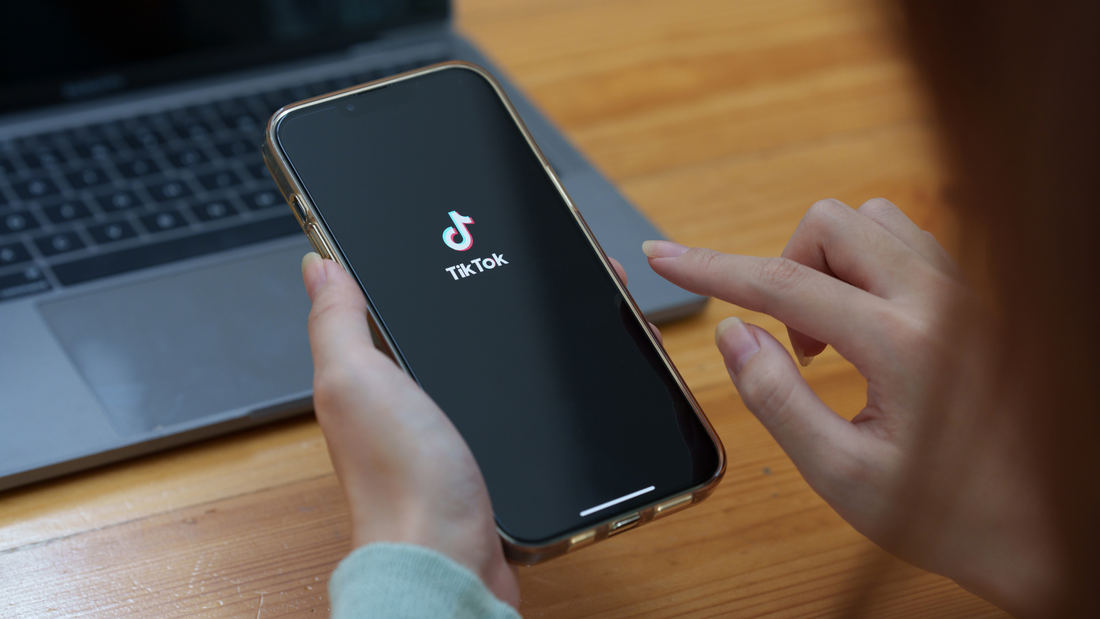|
U.S. District Judge Donald Molloy recently blocked Montana's ban of the Chinese-owned social media platform TikTok, standing up for free speech but leaving a host of issues for policymakers to resolve. Montana’s ban, which was slated to take effect at the beginning of 2024, made it the first U.S. state to take such a measure against the popular video sharing app.
Judge Molloy asserted that Montana’s law infringed on free speech rights and exceeded the bounds of state authority. This decision is a significant affirmation of the importance of safeguarding fundamental rights in the digital age, particularly within the context of online platforms that serve as crucial arenas for expression. While celebrating this victory for free speech, it remains essential to acknowledge legitimate concerns over national security and data privacy regarding social media platforms answerable to a malevolent foreign government. TikTok's ownership by China's ByteDance raises pertinent questions about safeguarding user data and its potential exploitation by foreign entities. So worrying were the reports that the FBI opened an investigation into ByteDance in March. The need for robust measures to protect against data scraping, digital surveillance, and misuse of personal information is a valid concern. This case prompts reflection on the broader social welfare implications of platform regulation. TikTok's substantial user base, particularly youth, holds significant sway over American culture. Striking a balance between protecting user freedoms and privacy enables a safer digital environment without compromising free expression. Even storing Americans’ data in the United States might not be enough to lessen the danger that the regime in Beijing might override any firewalls. A better solution could be to incentivize China's ByteDance to divest TikTok's ownership to American ownership. This move would alleviate worries about data security by placing the platform under the oversight and governance of a company within the United States, subject to American laws and regulations. Ultimately, Judge Molloy's ruling upholds the sanctity of free speech in the digital realm. It should fuel constructive dialogues on the complex challenges to the United States posed by TikTok, particularly to the tension between individual liberties, national security imperatives in the face of a hostile regime, and the responsibility of digital platforms. Finding a delicate equilibrium among these facets remains an ongoing challenge that requires creative solutions, not restrictions on speech. Comments are closed.
|
Archives
June 2024
Categories
All
|
ABOUT |
ISSUES |
TAKE ACTION |



 RSS Feed
RSS Feed